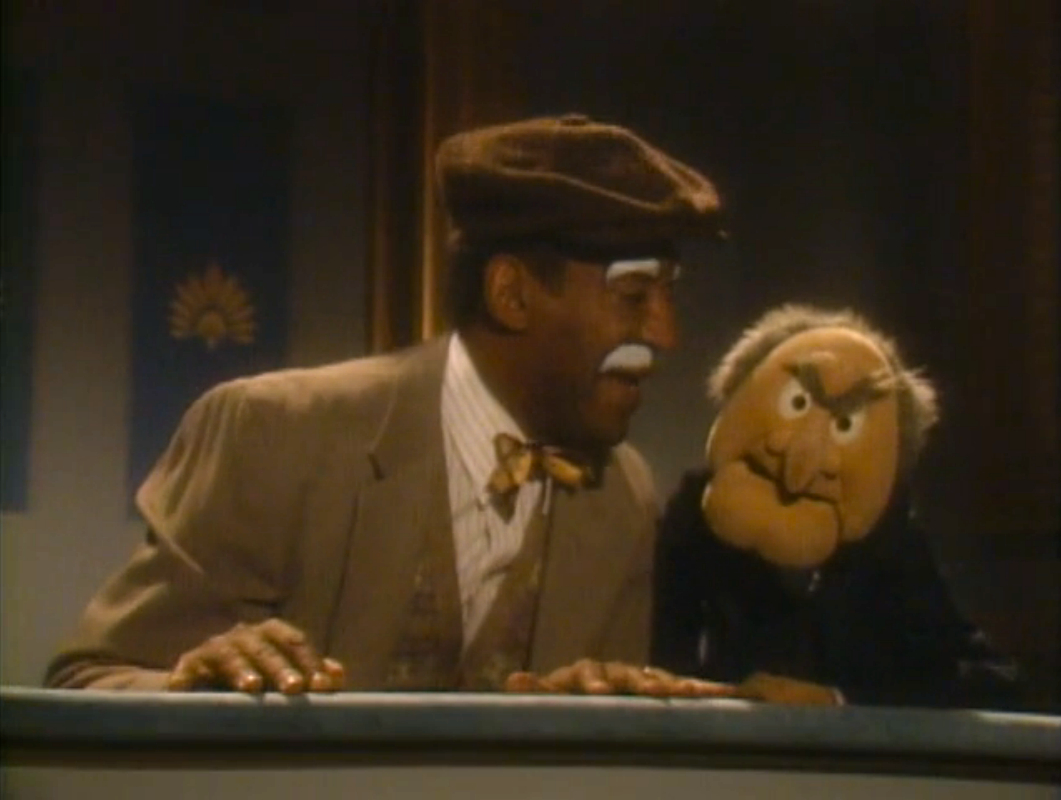
Introduction: The Cosby Show was more than just a popular TV show—it was a cultural movement. In an era where African American families were often depicted negatively or in stereotypical roles on television, The Cosby Show flipped the script, presenting a successful, loving black family in a way that had never been done before. This article will explore how the show transcended the typical sitcom format and became a symbol of progress and change in American television.
A Shift in the Television Landscape: In the 1980s, American television was predominantly white, with few shows showcasing African American families. The few that did often focused on issues like poverty, crime, and the struggles of marginalized communities. The Cosby Show broke this mold by depicting the Huxtables as a successful, upper-middle-class family with both parents in professional careers. The show’s portrayal of a black family living in a beautiful home, with parents who were role models, was revolutionary.
This was a departure from the usual portrayals of African Americans on TV. By showcasing African American success, The Cosby Show sent a powerful message about the possibilities for black Americans, showing that achievement and success were not limited by race.
Addressing Social Issues with Humor: While The Cosby Show was a comedy, it wasn’t afraid to address real-life issues. The show tackled topics such as race, education, and family dynamics with grace and humor. It didn’t shy away from showing the Huxtables dealing with real-world problems—like Theo’s learning disabilities or Denise’s rebellious phase—but always found a way to resolve them in a positive, uplifting manner.
The show’s ability to mix social commentary with humor made it both entertaining and enlightening, giving viewers the chance to laugh while also reflecting on important societal issues.
Cultural Significance and Lasting Influence: The cultural impact of The Cosby Show cannot be overstated. It helped change the way African American families were depicted on television and opened doors for future shows to explore similar themes. The show’s success proved that audiences were ready for more diverse stories and perspectives, paving the way for a more inclusive television industry.
Conclusion: The Cosby Show was a sitcom, yes, but it was also a cultural revolution. By providing a positive, realistic portrayal of African American family life, it changed the television landscape and influenced generations of viewers. Its legacy lives on through the shows that followed, and through the lasting impact it has had on how African Americans are portrayed in the media.
